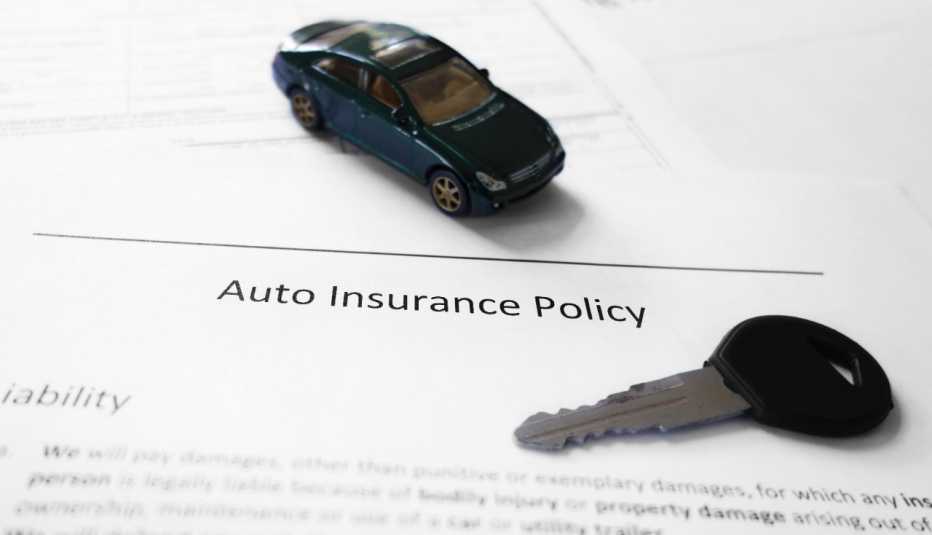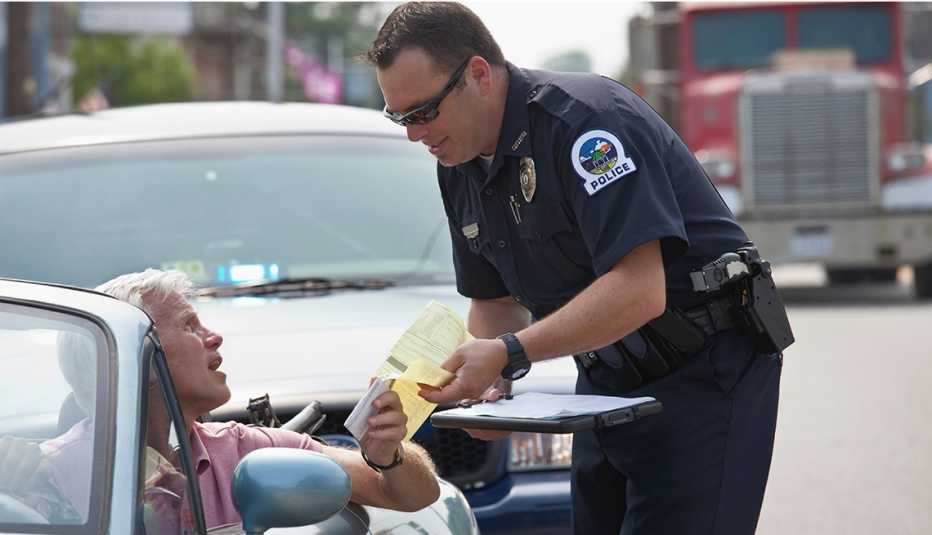AARP Hearing Center


Think fuel is your top driving expense? Surprise: Based on current averages, you spend more on insurance in a year than on gas (assuming 10,000 annual miles). You can’t influence gas prices, but you sure can affect your insurance rate. Insurers use a mountain of data to determine a rate that reflects the risk you pose. Check with your insurer to see which of the below factors most shape your costs.
Liability insurance shouldn’t vary much based on your car; after all, it doesn’t matter if the damage you caused to someone else’s property is by a cheap or expensive car. But if you’re driving a vehicle that’s capable of doing lots of damage in an accident, you’ll pay a higher rate.
Driving Record. Not surprisingly, your history of claims, car accidents and moving violations plays a big part in determining your insurance rate. In most cases, rates return to normal after three to five years. A DUI is the exception; it can increase your rates for up to 10 years.
Local Weather. Your zip code affects your auto insurance rates in lots of ways.
For example, snow, ice, storms and other local weather traits affect accident and claim rates in your region, notes Penny Gusner, consumer analyst at CarInsurance.com.
Theft and Vandalism Rates. Insurers also use data on the amount of car-related crime that occurs in your zip code to help establish the rate they charge you.
Professional Costs. Another zip code effect: “Medical and litigation costs are higher in certain regions,” says Janet Ruiz of the Insurance Information Institute. Car-repair costs can also vary by region.
Car Choice. It’s not just the car’s cost or value; rates are also tied to the level of claims and accidents for different models. Rates don’t drop equally as cars age: Some vehicles get stolen more often as they get older. And car parts can be harder to get over time. Note that car color won’t affect insurance rates. “It’s a myth that red cars cost more to insure,” Gusner says.
































































More on auto
What to Know About Car Insurance After a Natural Disaster
Steps to take when flooding or other storm activity ruins your vehicle